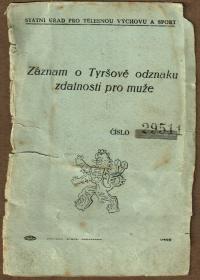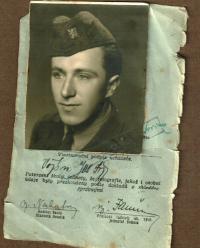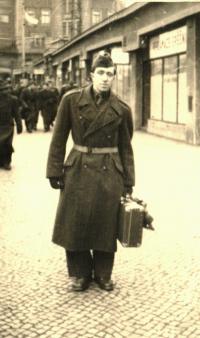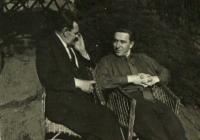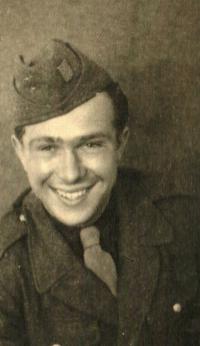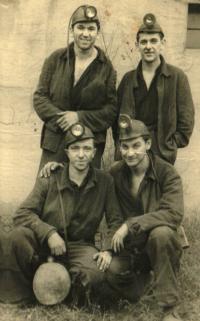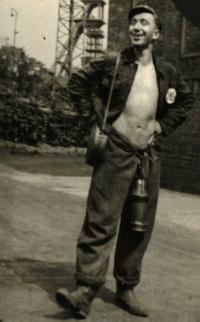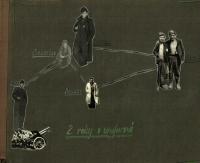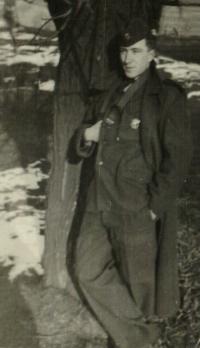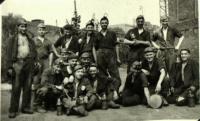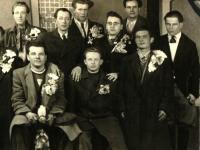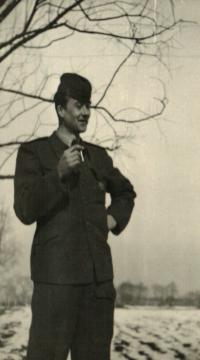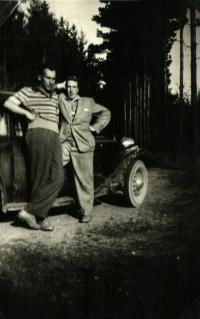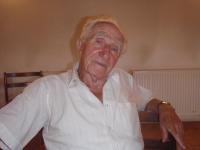They robbed me of what my life should have been!
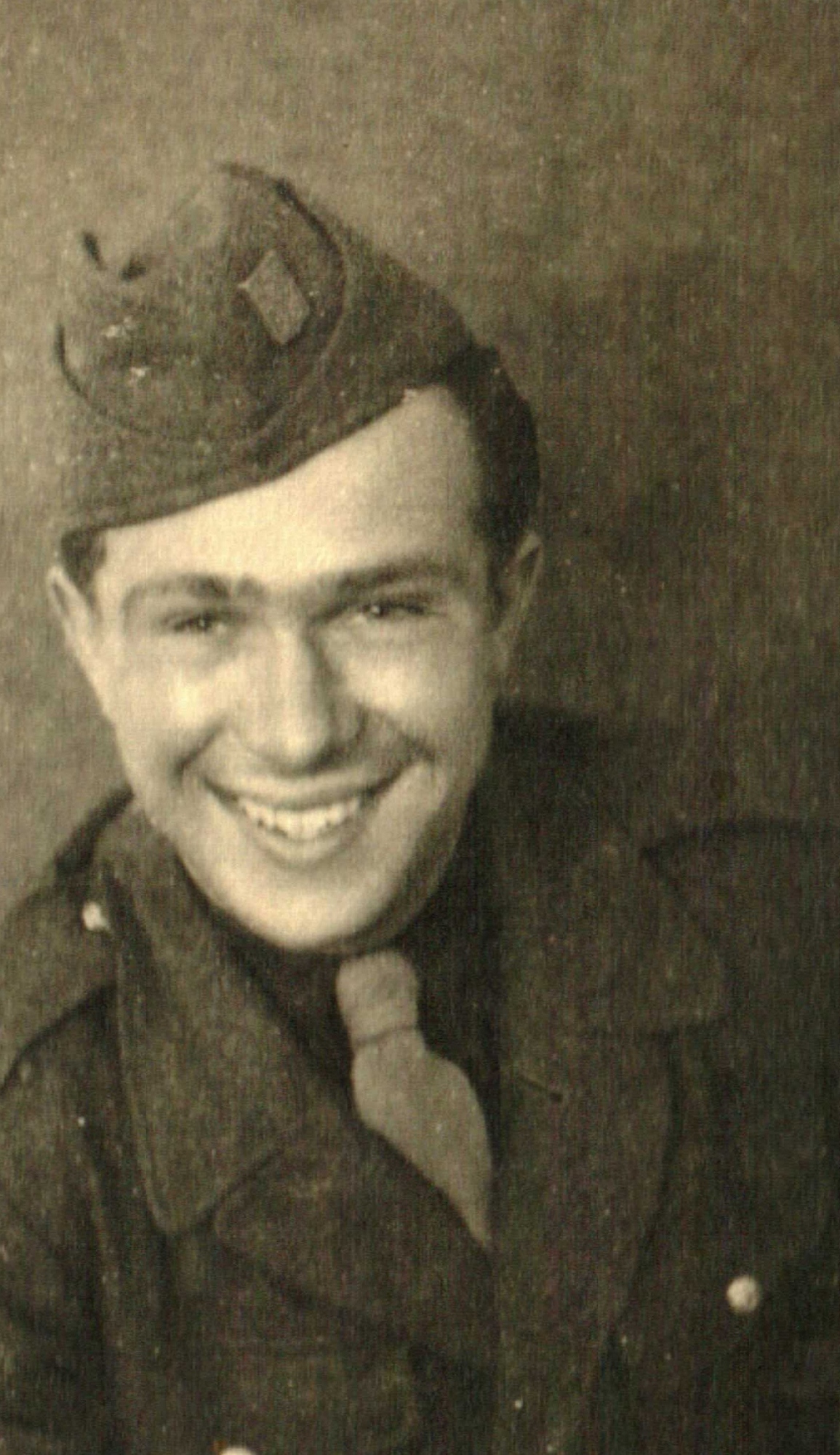
Stáhnout obrázek
Jaroslav Fojt grew up with two brothers and their parents in Vrané nad Vltavou, where his family owned a farm. But after the Communist coup, all their land was confiscated and went directly to the newly created JZD (farming cooperatives). Mr. Fojt‘s family suddenly became enemies of the people. His parents had to move to Kladno, then to Nouzov, then Kyšice, until finally they could return to their home as subtenants at old age. Jaroslav Fojt himself moved out of the native house already in 1943 to start a practical training. Nevertheless, in 1950, as a son of a kulak, he was sent for reeducation to the PTP (army‘s Auxiliary Technical Battalions, also known as the Black Barons). He changed location several times, and spent most of the time working in the Karviná area. Working in the mines was extremely hard. They were constantly being exhausted by the hard and long work as well as by the bad treatment from the guards who were systematically trying to break them. They worked in those shafts that were already so dangerous or unprofitable that normal miners refused to work there. They had to learn navigating the environment on the job. Of course, as a result, many accidents and injuries happened while on the job. They robbed me of what my life should have been! They were even often covered up down there. Mr. Fojt refuses opinions that downplay the hardships they went through. He points out that although they earned something, they could not use almost anything out of it in the end. They had to give half of their salary away for the accommodation and food during their work in the mines. The second half was once again divided into two as one part was saved in a savings book and only the last portion was given to them. They lost all their savings in the currency reform in 1953. Because the government was afraid of a revolt, the army had them escorted to their workplaces by units armed with machine guns. But no revolt took place as they simply didn‘t have any energy left for it after years of extremely exhausting shifts and bullying from the guards. Jaroslav Fojt shared his room with count Zdeněk Sternberg, among others. Mr. Fojt has been dealing with his service in the PTP all his life, for himself as well as with other colleagues from the military service. The Communists never officially told him why he was classified as an enemy of the state. They robbed me of what my life should have been!
